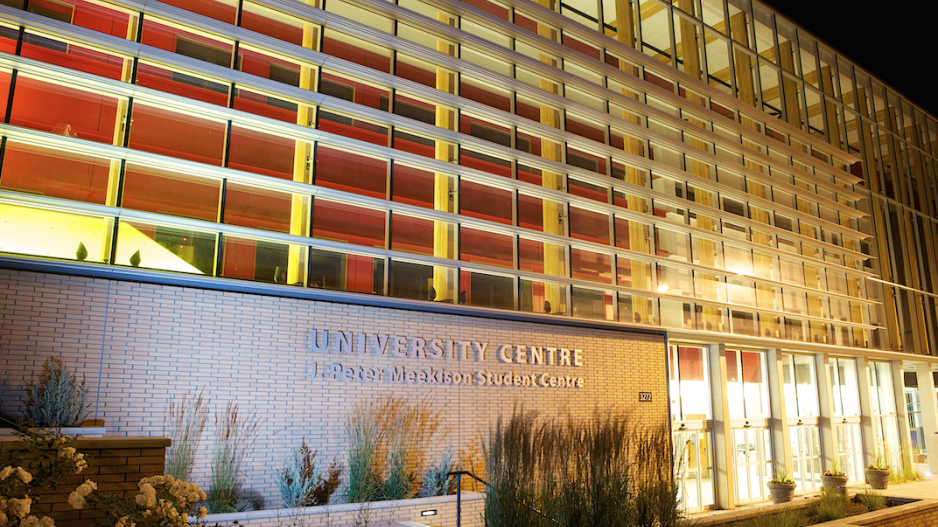The new Bachelor of Media Studies (BMS) program at the University of British Columbia’s (UBC) Okanagan campus is the latest example of a B.C. academic institution partnering with area businesses to design a program that will equip workers with needed skills.
It also addresses the needs of a younger generation that has been migrating to the Okanagan from Metro Vancouver, with many feeling forced out by higher housing prices and seeking a better lifestyle, according to Central Okanagan Economic Development Commission manager Corie Griffiths.
She added that a new trades complex at Okanagan College, which launched in September, is another example of a post-secondary institution partnering with area employers to ensure that needed skills are being taught.
UBC’s BMS program, which has courses focused on new media and Internet technology, is aligned with a similar degree program offered at the UBC in Vancouver, said Patricia Lasserre, who is associate provost of enrolment and academic programs at UBC Okanagan.
One difference, however, is that the Okanagan BMS program is more focused on what Lasserre called “digital arts and digital humanities” because technology employers in the region tend to either develop software or operate in the new media and Internet technology niches.
Executives at Okanagan employers, such as Walt Disney Co. (NYSE:DIS) and Bardel Entertainment, were among those presented with a draft curriculum for the program and asked for feedback.
UBC Okanagan is now accepting applications, and the program is slated to launch in September 2017.
Courses will prepare students to be graphic designers, mobile application developers, game designers and multimedia producers.
While Metro Vancouver has many institutions teaching students how to design mobile games or other applications, this is the first such degree program for the Okanagan, Lasserre said.
Millennials are drawn to these technology jobs by what tend to be higher salaries than in many sectors.
HR Tech Group released a study on September 21 that found that salaries for intermediate technology professionals in B.C. increased 5.8% in 2016 compared with the previous year.
The increase demonstrates that B.C. technology companies are getting bigger and making it a priority to retain staff.
Technology jobs in B.C. that had the highest salary increases include:
•Product development managers (16.5%);
•Sales managers (10.5%); and,
•Senior animators (7.6%).
Evidence that there is a migration of the millennial generation to the Okanagan from Metro Vancouver comes from the Okanagan Mainline Real Estate Board.
Its data has historically revealed that between 7% and 9% of the region’s home sales are to people from Metro Vancouver and Vancouver Island, said Griffiths.
That percentage has swelled to 18% in recent months, she said, adding that most of the sales are for homes that will be lived in full-time as opposed to serving as recreational properties.
Further, the mix of buyers is increasingly getting younger. The percentage of sales to buyers who represent families with children has increased to about 25%, Griffiths said. In contrast, sales to older people whose children have left home has shrunk as a percentage of overall sales to 25%.
“It is the Okanagan’s unique blend of infrastructure development, lifestyle and timing that is driving this,” Griffiths said.
Infrastructure improvements in the region include upgrades to its hospital, airport and post-secondary institutions.
“We also have low commute times, affordability and livability in our communities and a level of connectivity that you can’t find in urban centres.” •




